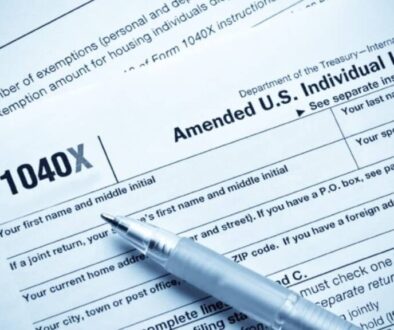Accountable Reimbursement Plans
Most churches that I have worked with reimburse church employees for business expenses incurred on behalf of the church. However, in order to reimburse the pastor (or any employee) for business (church related) expenses, the church needs to adopt an “accountable reimbursement plan.” According to IRS guidelines, an accountable reimbursement plan must include all three of the following: 1. Expenses must have a business purpose incurred while performing services as an employee of your employer. 2. Employees must adequately account for expenses within a reasonable period of time, defined by the IRS as no more than every sixty days. 3. Any excess reimbursement or allowance must be returned within a reasonable period of time. It is customary for a church to write a check to a minister prior to a trip to cover his expenses. However, in order for the payment to be considered a reimbursement for business expenses, the minister must turn in receipts, with required documentation – what the expenses are for, with whom did he or she meet, the topic discussed, and so forth. Any unused funds must be returned promptly at the return of the trip. If documentation of the expenses is not provided, or unused funds are not returned, the payments could be reclassified as taxable income to the minister. Many ministers instead use a church credit card. While this is much easier, it does not relieve the need to turn in receipts with required documentation. Furthermore, if the credit card is used for any personal charges, the same rules apply for returning the money to the church within a reasonable amount of time. If a minister receives a car or auto allowance and is not required to substantiate the amount of business miles via a detailed mileage log, then the allowance is a non-accountable reimbursement arrangement and should be added to his W-2 as taxable income from the church. If a log is kept, any amount paid over the allowable IRS mileage rate should be added to the minister’s W-2. If the church owns the vehicle used by the minister, a mileage log still needs to be kept, and the value of the personal usage added to the W-2 at the end of the year. Otherwise, the IRS could determine that all use of the vehicle is personal. It is not sufficient to estimate what percentage of the vehicle use is for business or personal use. (There is a formula used for calculating the value of the personal use.) Please note that mileage from home to the church is not considered a business expense; this is personal commuting expense. Finally, some ministers keep a log but choose to write-off the mileage as an unreimbursed business expense on their tax return instead of getting reimbursed from the church. I have yet to see a scenario where this option is beneficial to the minister. As an employee, the reimbursed business expense is listed on Schedule A, and only the portion that exceeds 2% of adjusted gross income is deductible. The minister is better off to get reimbursed for business mileage at the IRS approved rate. If the above rules are followed, the reimbursement is not subject to taxation.




